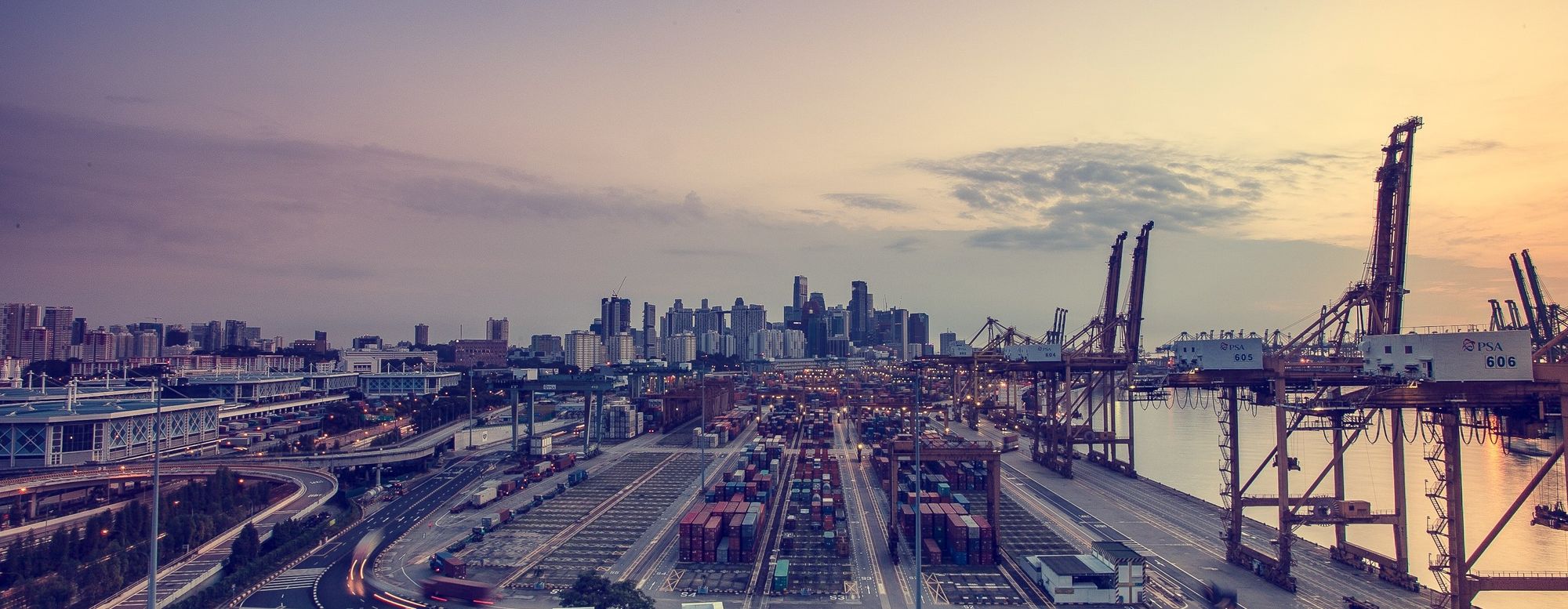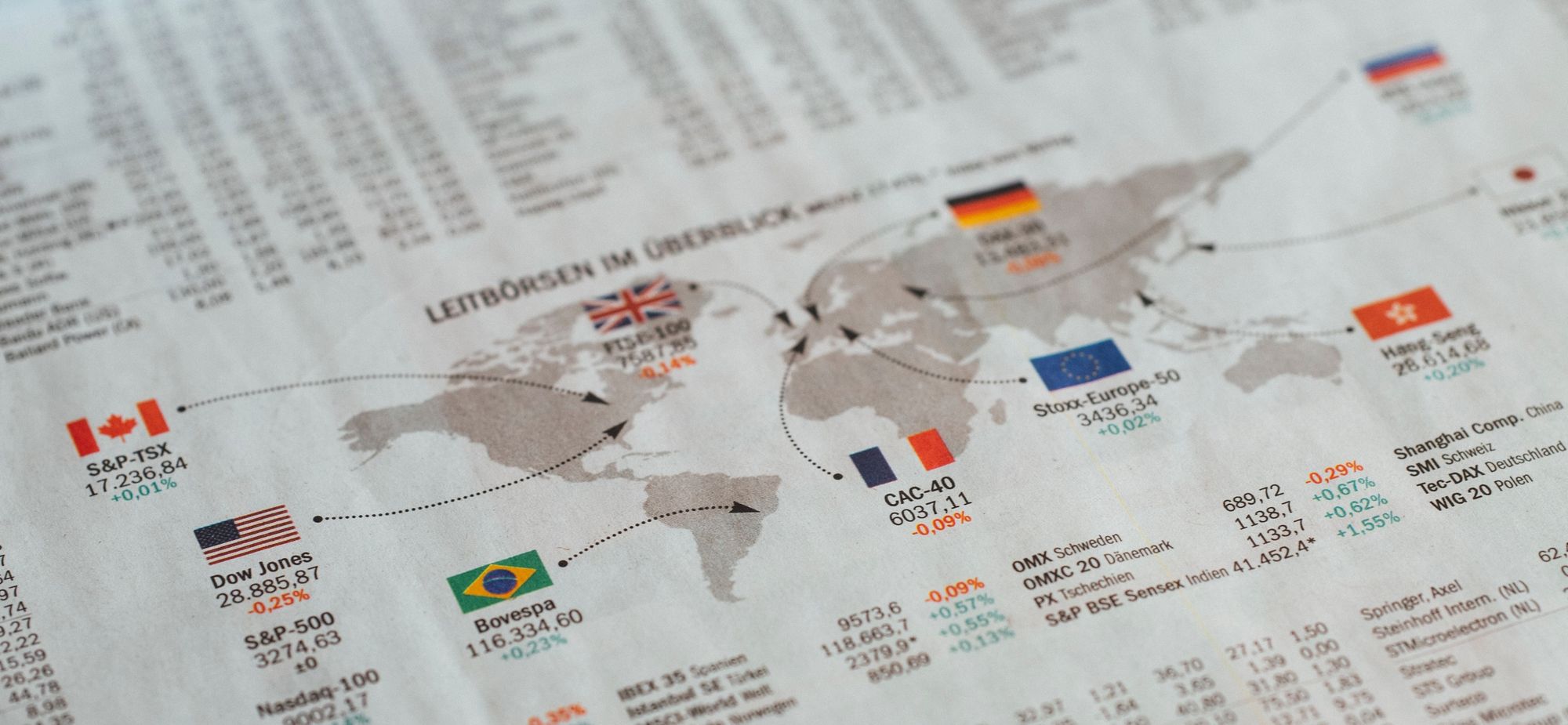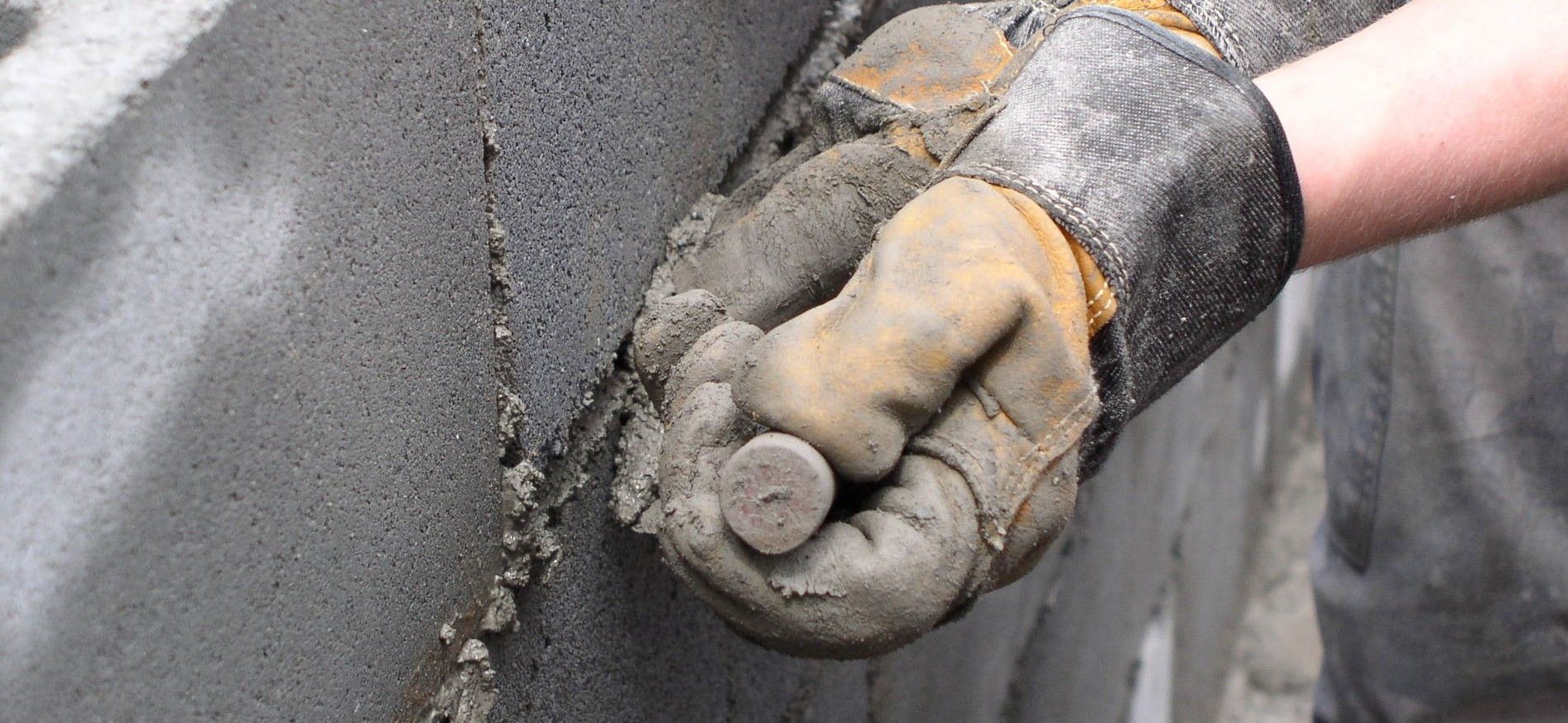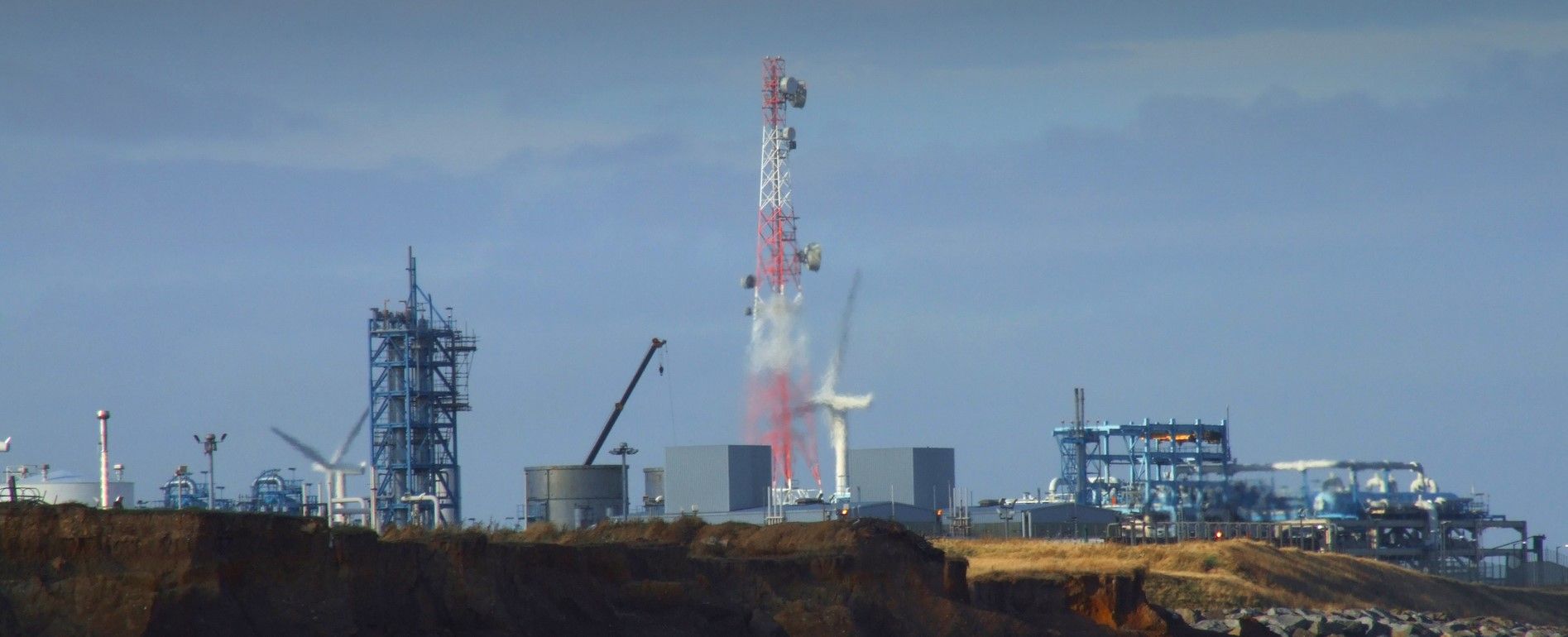With chemical companies often having such long lead times, the need to act today to do business tomorrow is paramount.
Making accurate business forecasts is vital for a successful chemical business. But it is difficult to predict the future when current events are so unprecedented.
A report by business consultants at McKinsey & Sons highlights this fact, by noting that, “We have never before attempted to shut down the modern global economy, much less reopen it in the setting of an ongoing pandemic. We have a few examples of strategies that seem to work better, or worse, but none of us know with any certainty the best actions. Even places with strong initial responses like Hong Kong and Singapore have faced challenges as they reopen.”

So, if chemical industry consultants are unsure as to how companies, the public, and the virus will react to the economic lockdown ending, what do academics think is the most likely course of events?
According to Paolo Surico and Andrea Galeotti, both Professors of Economics at the London Business School, there are five distinct stages that the economy will experience due to the pandemic.
• Stage 1: supply chain disruptions and significant death toll creates public uncertainty.
• Stage 2: heightened uncertainty and panic leads to drop in consumption and investment.
• Stage 3: large drop in demand dries up business cashflows, triggering company bankruptcies
• Stage 4: worker redundancies and furloughs generate steep rise in unemployment
• Stage 5: Worker income falls, while loan defaults rise which further weakens demand.
Job losses and the low demand generates further uncertainty, returning the process to stage 2 for another loop.

An early assessment of the outcome of the economic lockdown also makes for grim reading. The report calculating that, “Assume only a temporary drop in economic activities: 50% for a month and 25% in the two following months. Then, GDP drop of almost 10% of annual output!”
Adding that this figure would rise to 15% of GDP if a longer lockdown was required.
In comparison, the study notes that, “Output loss associated with the Great Recession was about 4.5% and still unrecovered.”
Outside of academic analysis, as the lockdown is gently eased off in different countries and for different sectors, analysts are beginning to gain a better understanding of what a refreshed economy will look like.
For example, Star Cement Ltd., a producer of construction materials is only now beginning to realise its new market position. As Bloomberg reports, “… the most profitable maker of the construction material in India, saw demand fall 80% after authorities partially lifted the world’s biggest lockdown. The company, which restarted its factory in Guwahati with about 30% of workers using as much as 20% of capacity, expects a revival in demand only after September...”

Outside of construction, the chemical industry may be placed. As the Indian financial journal The Business Line reports, reports, “The lockdowns in India and many parts of the world have resulted in supply chain disruptions despite stable order flows. Major chemical and allied manufacturing companies in India are sitting on healthy order books from their customers across the globe but supplying the products remains a challenge.”
Contrary to this opinion, investment analysts at Dolat Capital, see the chemical industry’s position in a post-pandemic world as one ravaged by falling sales. The company issuing a research report which explained how, “… chemicals being the basic building blocks of end-user applications such as pharmaceuticals, agro-chemicals, paints, construction material, automobile parts, textiles, and packaging, among others, are most likely to feel the jerk of the demand recoil from these sectors.”
Adding that, “be it specialty or a commodity, chemicals will most likely see loss in demand, but demand for pharmaceuticals and agro-chemicals may not sharply be impacted, though others may feel the pain.”
Clearly the predictions are mixed as to how well or how badly chemical businesses will perform once the lockdowns have ended.

While the chemical industry is a core part of the economy and a producer of countless vital products, it is also highly susceptible to falls in demand for consumer goods, automobiles, and construction materials; some of the first sectors to be hit in any recession.
As such, the fate of chemical companies may simply depend on which part of the economy their customers belong. That and having sufficient cash reserves available to ride out the storm.
Photo credit: Gerd Altmann from Pixabay, Marcus Rhoads from FreeImages, Markus Spiske from Pexels, & jamie brelsford from FreeImages, Pexels.